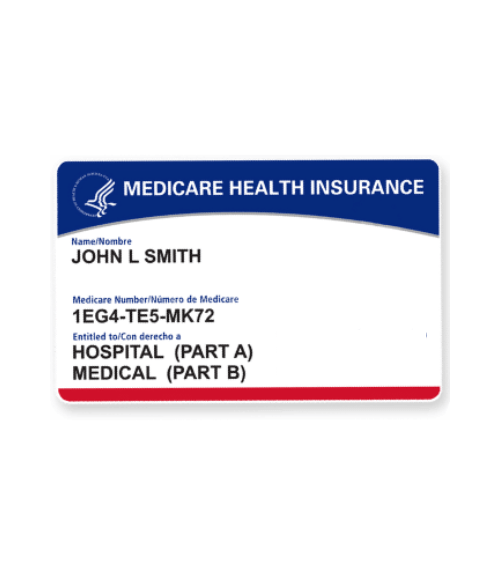How to Compare Medicare Advantage Plans

When it comes to Medicare Advantage plans, there are several factors to consider. Comparing these plans and knowing what to look at are crucial steps. Keep reading to learn more about Medicare Advantage plans, along with how they work, and what you should consider when comparing the different plan options.
A variety of benefits is offered by Medicare Advantage, which is also called Medicare Part C. Some people prefer the convenience offered by having all their drug and health benefits covered under one plan rather than enrolling in the stand-alone Medicare Part D coverage. Someone may also be looking for additional benefits that the original Medicare plan does not cover, like routine dental and vision coverage.
Keep reading to learn more about Medicare Advantage plans, along with how they work, along with what should be considered when comparing the different plan options.
What is a Medicare Advantage Plan?
A Medicare Advantage plan is an alternative to Original Medicare, which includes Part A and Part B. Rather than having Medicare benefits provided through a government-run program, people who receive the coverage can obtain it through a Medicare Advantage plan, which is provided by private insurance companies that have been contracted with Medicare.
For someone to be eligible to receive Medicare Part C, they must:
- Currently have Part A and Part B Medicare coverage
- Reside in the service area for the Medicare Advantage plan being considered
- Not be end-stage renal disease patients (there are a few exceptions)
According to the law, all the Medicare Advantage plans are required to offer, at a minimum, the same amount of coverage as the original Medicare Part A and Part B Plans. However, some plans will cover other benefits, too, like dental, vision, hearing, prescription drugs, or specific health wellness programs.
Unlike the original Medicare plans, if someone wants prescription drug benefits, which is provided by Medicare Part D, they should not enroll in a separate Medicare Prescription Drug Plan. A better option is to get the benefit from one of the Medicare Advantage Prescription Drug plans. Not all Medicare Advantage plans will include coverage for prescription drugs, so it is a good idea to double-check with the particular plan being considered.
Tips for Comparing Medicare Advantage Plans
Since Medicare Advantage plans are provided through any Medicare-approved private insurance company, the cost and the benefits may vary from one plan to another. Also, not all plans will be available in every location. When someone is comparing the Medicare Advantage plan options, there are several things they need to consider.
Does the Monthly Premium Provide a Good Value?
Some of the Medicare Advantage plans will have premiums that are $0; however, the individual must continue to pay their Medicare Part B premium, along with deductibles, coinsurance, and copayments, that the plan requires.
What is the Annual Deductible for you?
Since Medicare Advantage plans are provided through any Medicare-approved private insurance company, the cost and the benefits may vary from one plan to another. Also, not all plans will be available in every location. When someone is comparing the Medicare Advantage plan options, there are several things they need to consider.
Are Any Additional Benefits Included?
It is also important to consider if additional benefits are offered. This would include things like routine hearing, dental, vision, and other health or wellness plans.
Also, find out if a prescription drug is included. Are the existing medications a person takes included with the plan’s formulary or the list of drugs that are covered?
Is There a Provider Network Included
If it does have a network, it is essential to find out if a person’s current doctors and their health care providers are included.
What Is the Plan’s Star Rating?
A star rating is one way to determine the performance of the Medicare Advantage plan. Every plan receives a rating of one to five stars. Five stars is the highest rating that a plan can receive. Medicare evaluates all plans based on the five-star rating system, and these scores are calculated yearly.
Choosing the Right Medicare Plan for you
Each person is unique. This means it is necessary to research each of the Medicare Advantage plan options available and how it works with a person’s budget and health needs. Remember, plan costs, provider networks, services areas, and benefits can all change from one year to another, so it is smart to review a person’s coverage regularly to ensure the plan still works. Take some time to shop around and choose a plan that will help you save the most money.
I hope that you learned some valuable information from this article. Choosing a Medicare Advantage plan is a big deal, as you usually won’t be able to change it for up to a year. So you will have whatever coverage you choose for that period. If you find the plan doesn’t cover what you need, you will be stuck paying for it out of pocket.
If you think you know someone who might benefit from this article, please share button it. If you'd like to talk about these things or anything else you might have questions about, please contact us whichever way is most comfortable for you.




